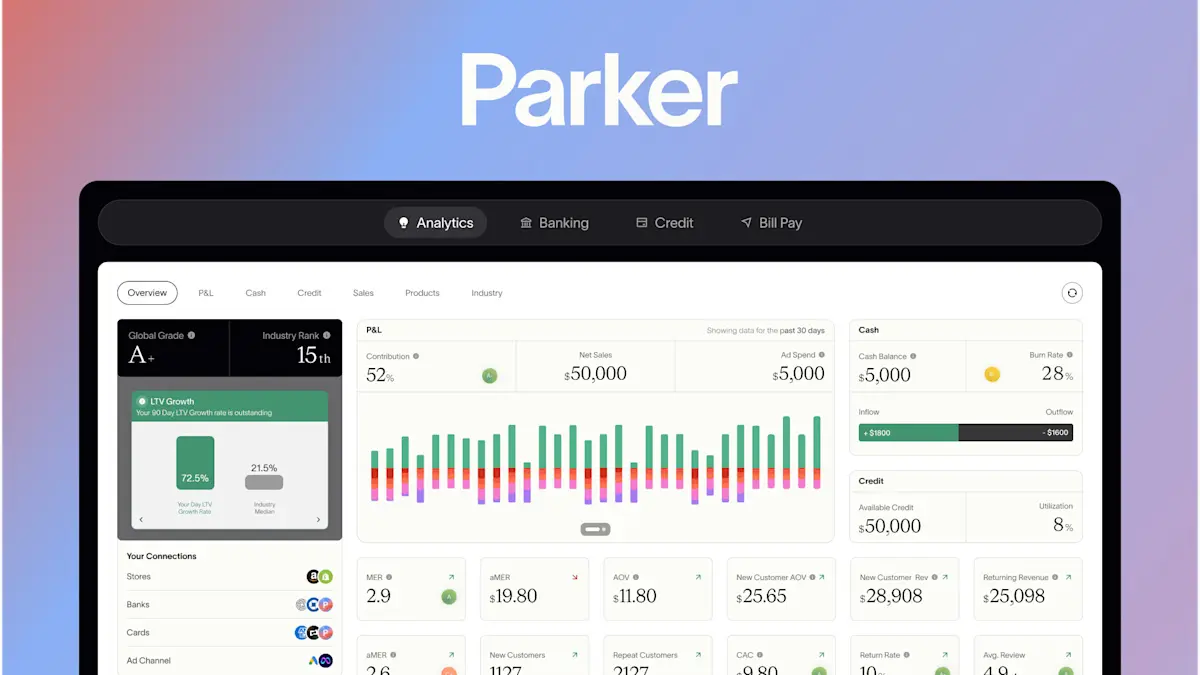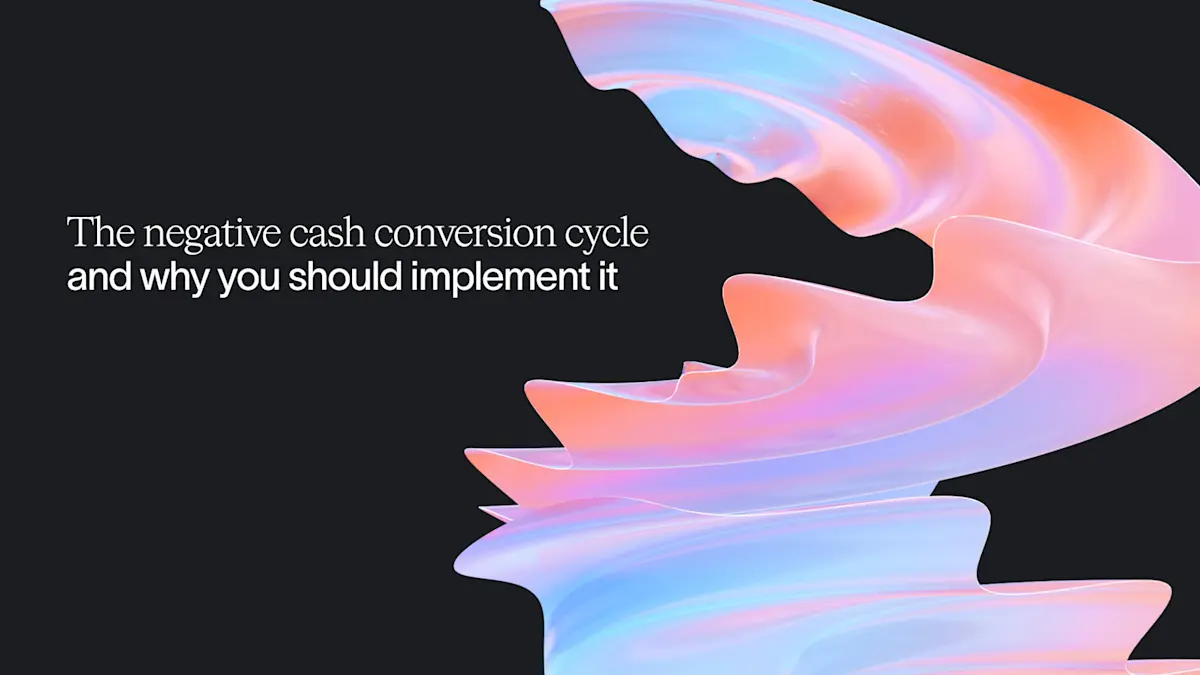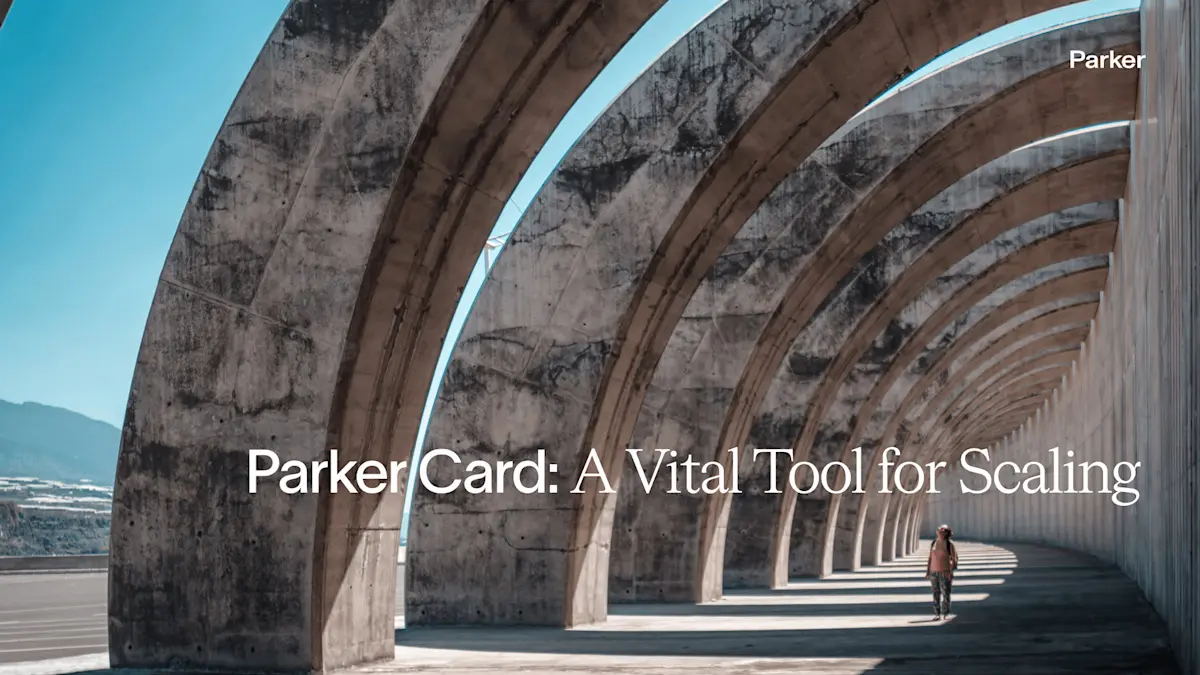The Danger of the “Dream Mind” (and how to avoid it)
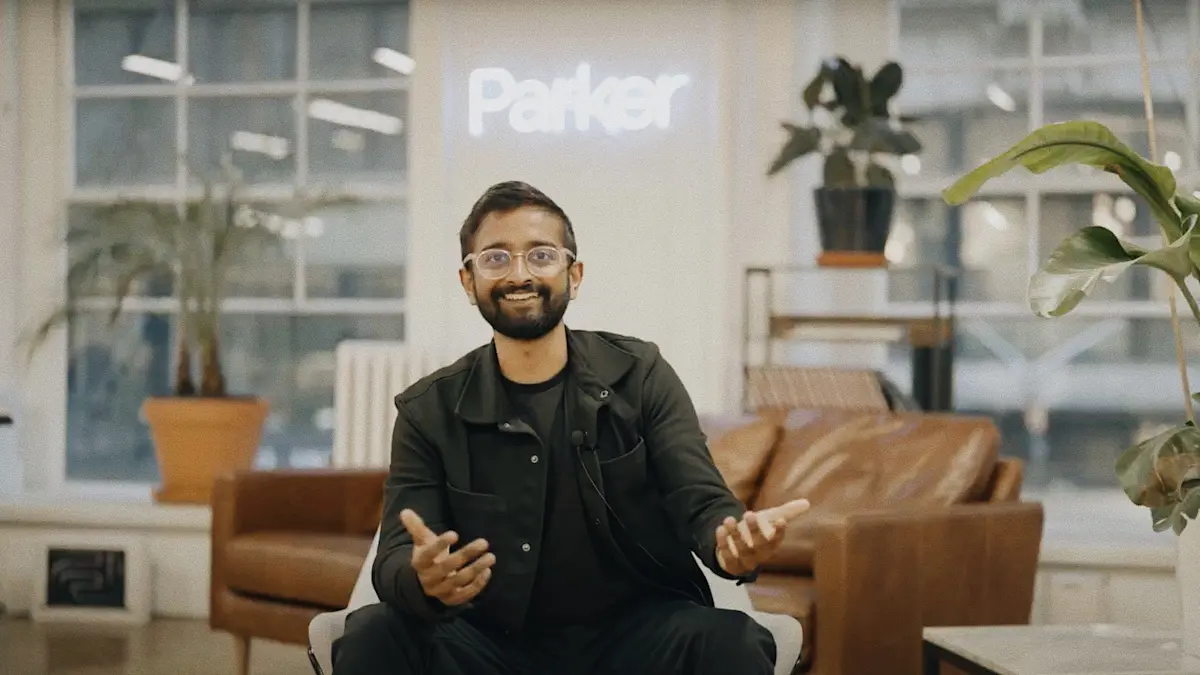
A few years ago, I had a learning experience like no other: I went to bed with $20k in profit and woke up the next morning $40k in the red.
How did I get there? Let’s rewind.
It was the height of the COVID-19 pandemic, and my co-founder Yacine and I were riding high on the success of Cleanifi, our UV-C phone sanitizing device. We'd just cracked 6 figures in sales for the second month in a row, and I was feeling unstoppable.
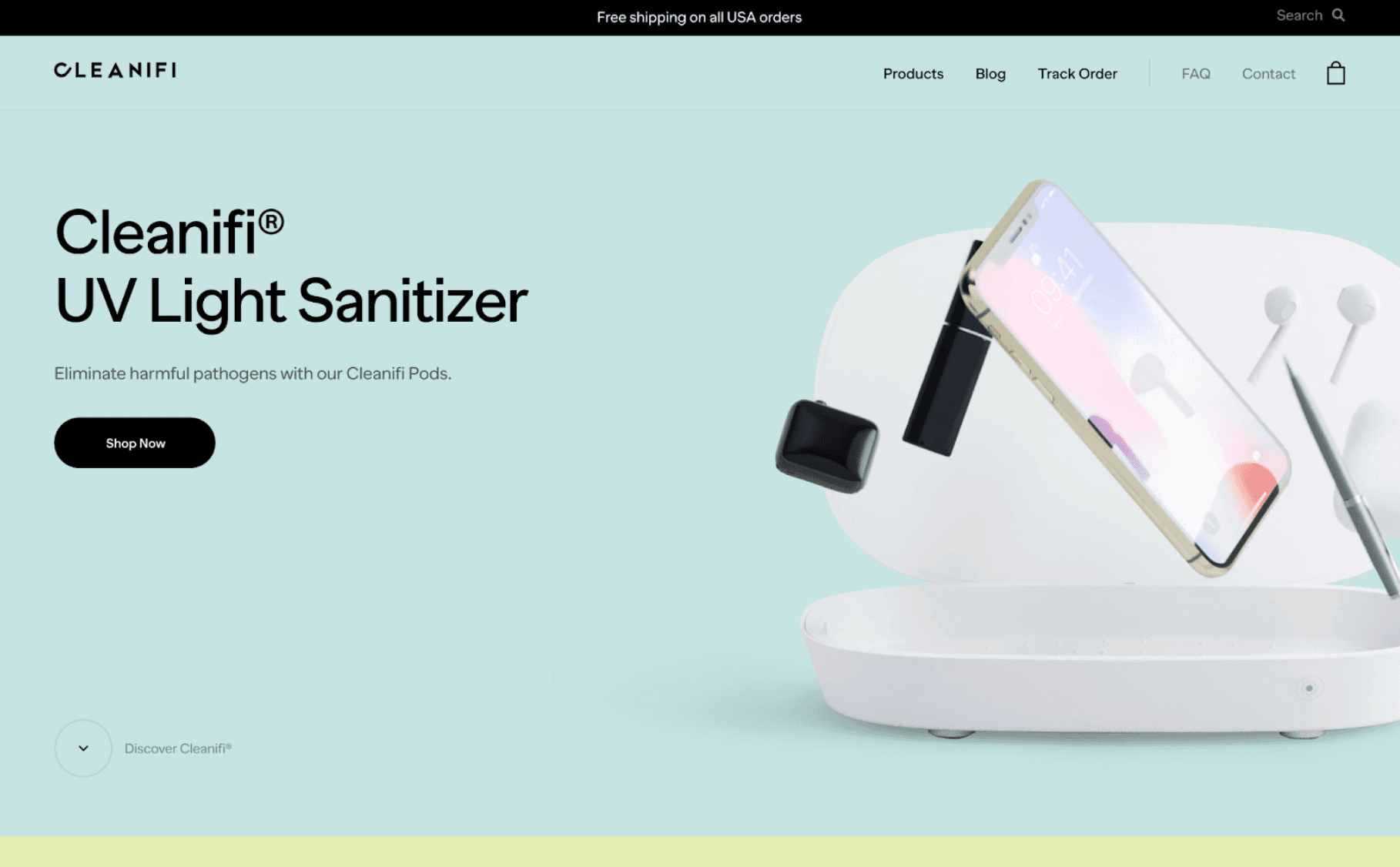
One morning, I opened our daily profit tracker and saw a big, fat negative staring back at me. I thought it had to be a mistake. We had been crushing it. How could we suddenly be losing money? I just ignored it and kept grinding away, business as usual (classic founder mistake). A few days later, the truth smacked me in the face.
"Milan, we messed up," Yacine said. I was like, “What do you mean we messed up, our sales are skyrocketing.” Then he tells me what he found out from our partners, we accidentally double-ordered inventory and our new ads are tanking. We're sitting on a pile of product we can't even sell." I couldn’t believe it.
And just like that, poof, it was game over. Cleanifi was done. $40k and 6 months of work, down the drain.
But here's the thing: that failure wasn't the end of my entrepreneurial journey. It was a genuine lesson. Yacine and I regrouped, scaled another business brand to seven figures, and eventually built our current startup, Parker, into an 8-figure business.
What separated those two outcomes? Mindset.
I had to learn to think like a genuine founder, not just a hopeful entrepreneur. Below are the mindset shifts that made the difference for me.
Wake up from the “dream mind”
As a founder, it's dangerously easy to get caught up in the day-to-day grind of execution.
You're so focused on fine-tuning your email sequences and tweaking your product that you lose sight of the big picture. I call this the "founder's dream" — a state of busy delusion. It feels like progress, but it's a mirage. You can't lead effectively if you're ignoring reality. Failing to face the hard numbers and problems is how you steer your startup straight into an iceberg.
The antidote is to schedule regular, religious reality checks. Force yourself to step back and review your core numbers, your cash flow, your pipeline. It's not sexy, but it's the difference between blissful oblivion and actually being in control of your startup’s destiny.
Don’t second-guess the obvious
In the early days of building a company, everything feels mission-critical. It's tempting to spend hours obsessing over the perfect pitch deck and rewriting your marketing strategy.
But here's the hard truth: most of that is just noise. Especially when you're fighting tooth and nail to get your startup off the ground. You need to zero in on the small number of activities that will actually make a measurable impact.
For us, that meant constantly talking to customers, rapidly iterating on our product, and always pitching investors. No wasting time or getting lost in the weeds of unnecessary details. Making sure the obvious things are getting done.
As a founder, your mantra should be relentless prioritization and swift action. When you're unsure, ask yourself: Does this directly contribute to our most important goals? If not, put it on the backburner and move on.
Create accountability
Accountability is the bedrock of getting stuff done. But it's one thing to say you're going to do something, and quite another to actually follow through, day after day.
I've found that the most effective way to bridge that gap is to put real skin in the game. For me, that often means putting money on the line. For example, hiring a personal trainer to force me to show up to workouts or investing cash into an important project so that I'm motivated to see it through.
The other key piece is social accountability. I purposely make commitments to others and book regular check-in meetings so there's external pressure to deliver. It's harder to make excuses when your reputation is at stake.
As a founder, you can't just be accountable to yourself. You have to create systems and structures that make slacking off or hiding from your responsibilities impossible. Your business depends on it.
Say no to shiny objects
When you're in the early days of a startup, every new opportunity can feel like the answer to your prayers. It's all too easy to get sucked into a scatterbrained pursuit of the next exciting thing instead of doubling down on what's already working.
When we launched Parker, we were inundated with requests from companies in other industries wanting to use our product, healthcare, construction startups. The potential revenue was seductive but we knew that if we truly wanted to fulfill our vision of creating the ultimate financial platform for e-commerce brands, we couldn't afford to fragment our focus. So we became fiercely disciplined about saying no to any opportunity that didn't align with that mission.
It paid off. By going deep rather than wide, we were able to outmaneuver competitors who were overextending themselves. Turns out, knowing what not to do is just as important as knowing what to do.
Mindset is everything
With time and intention, these mindset shifts will become second nature. You'll find yourself making better decisions faster, executing more strategically, and showing up with greater equanimity. You'll waste less energy on distractions and detours, and spend more time figuring out what really moves the needle.
None of this makes the challenges of entrepreneurship any easier. I still have plenty of sleepless nights and "oh shit" moments. But developing a founder's mindset has made me more resilient, more resourceful, and more capable of building something that lasts.
Related Articles
Ready to Join the Financial Revolution?



